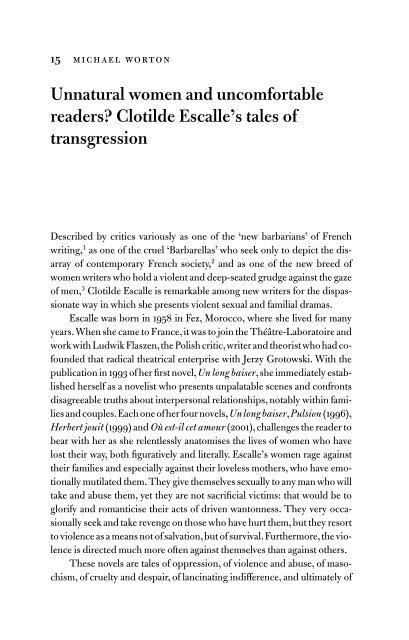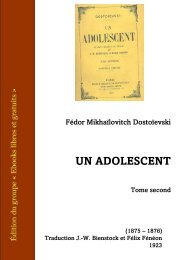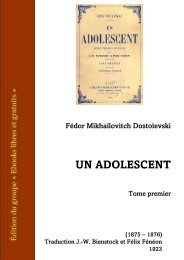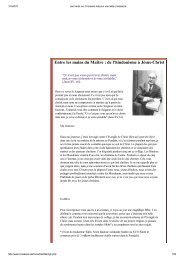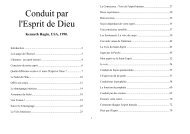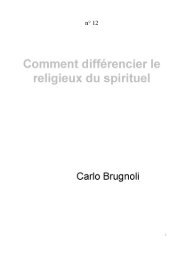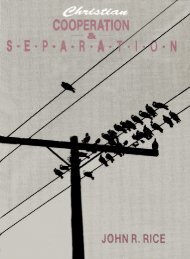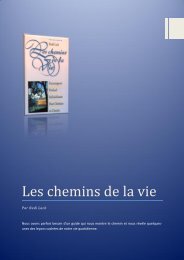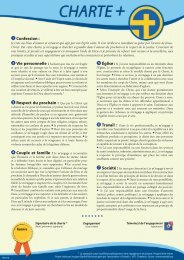Women writing in contemporary France
Create successful ePaper yourself
Turn your PDF publications into a flip-book with our unique Google optimized e-Paper software.
15 MICHAEL WORTON<br />
Unnatural women and uncomfortable<br />
readers? Clotilde Escalle’s tales of<br />
transgression<br />
Described by critics variously as one of the ‘new barbarians’ of French<br />
<strong>writ<strong>in</strong>g</strong>, 1 as one of the cruel ‘Barbarellas’ who seek only to depict the disarray<br />
of <strong>contemporary</strong> French society, 2 and as one of the new breed of<br />
women writers who hold a violent and deep-seated grudge aga<strong>in</strong>st the gaze<br />
of men, 3 Clotilde Escalle is remarkable among new writers for the dispassionate<br />
way <strong>in</strong> which she presents violent sexual and familial dramas.<br />
Escalle was born <strong>in</strong> 1958 <strong>in</strong> Fez, Morocco, where she lived for many<br />
years. When she came to <strong>France</strong>, it was to jo<strong>in</strong> the Théâtre-Laboratoire and<br />
work with Ludwik Flaszen,the Polish critic,writer and theorist who had cofounded<br />
that radical theatrical enterprise with Jerzy Grotowski. With the<br />
publication <strong>in</strong> 1993 of her first novel, Un long baiser,she immediately established<br />
herself as a novelist who presents unpalatable scenes and confronts<br />
disagreeable truths about <strong>in</strong>terpersonal relationships, notably with<strong>in</strong> families<br />
and couples.Each one of her four novels,Un long baiser,Pulsion (1996),<br />
Herbert jouit (1999) and Où est-il cet amour (2001), challenges the reader to<br />
bear with her as she relentlessly anatomises the lives of women who have<br />
lost their way, both figuratively and literally. Escalle’s women rage aga<strong>in</strong>st<br />
their families and especially aga<strong>in</strong>st their loveless mothers, who have emotionally<br />
mutilated them. They give themselves sexually to any man who will<br />
take and abuse them, yet they are not sacrificial victims: that would be to<br />
glorify and romanticise their acts of driven wantonness. They very occasionally<br />
seek and take revenge on those who have hurt them, but they resort<br />
to violence as a means not of salvation,but of survival.Furthermore,the violence<br />
is directed much more often aga<strong>in</strong>st themselves than aga<strong>in</strong>st others.<br />
These novels are tales of oppression, of violence and abuse, of masochism,<br />
of cruelty and despair, of lanc<strong>in</strong>at<strong>in</strong>g <strong>in</strong>difference, and ultimately of


